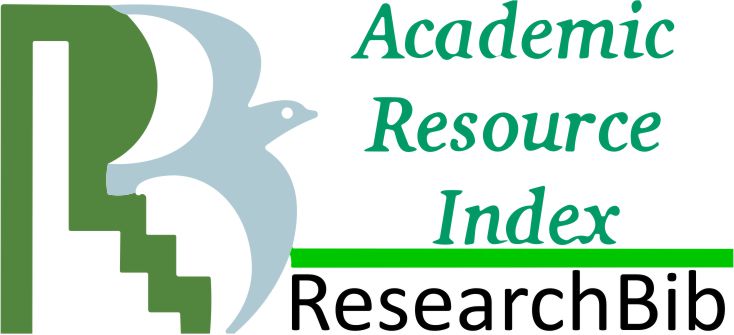DOI
10.21002/jaki.2005.13
Abstract
Managers manage their earnings because they want to influence the investors perception about firm s performance, subsequently the firms could extract low cost exsternal fund. Managers have incentive to practice income-increasing earnings mangemsnt before they make initial public offerings (IPO) in order to get high offering price. However, these practice could decrease the opportunity o f managers to manage their earnings in the future periods. I f earnings management before public offering cause investors to be over optimistic about future earnings, investors will be disappointed with firm ’s performance after IPO and the firm value tend to decrease in the periods after the IPO. This study investigates the effect ofearnings management on the firm s value and performance in the periods before and after the initial public offering. Results o f this study show that managers practice income-increasing earnings management before their initial public offerings. Earnings management have positive impact on firm value in the initial public offering period, but this has negative impact in the periods after IPO. Firms 'values in the end o f IPO are lower than firms 'values in the IPO period. Firms 'performances in the years after the initial public offering were higher than firms 'performances in the year o f IPO, but the average o f return o f asset decreases in the periods after IPO.
Recommended Citation
Assih, Prihat; Hastuti, Ambar Woro; and Parawiyati, Parawiyati
(2005)
"PENGARUH MANAJEMEN LABA PADA NILAI DAN KINERJA PERUSAHAAN,"
Jurnal Akuntansi dan Keuangan Indonesia: Vol. 2:
No.
2, Article 6.
DOI: 10.21002/jaki.2005.13
Available at:
https://scholarhub.ui.ac.id/jaki/vol2/iss2/6












